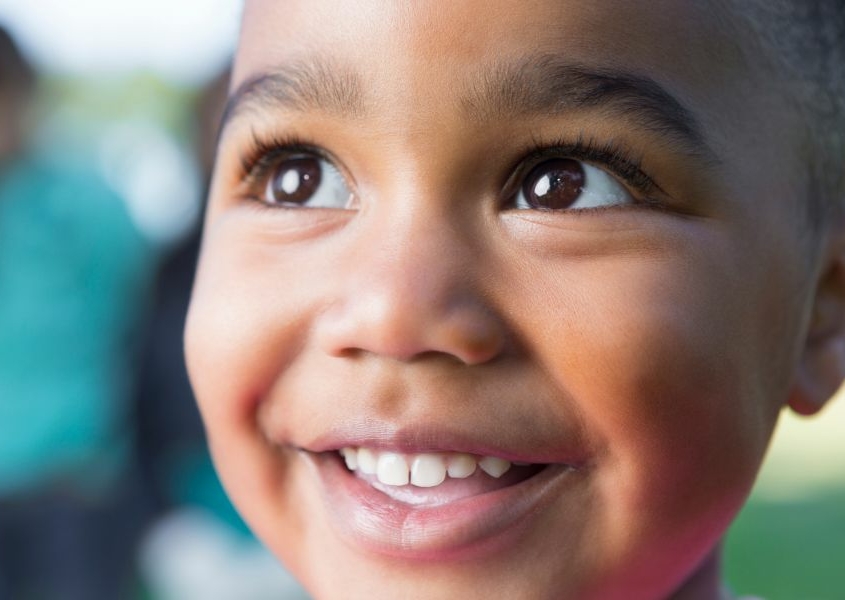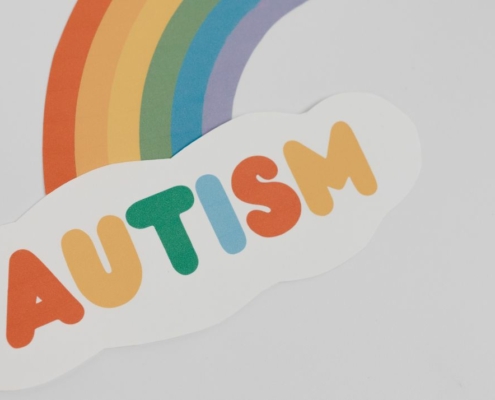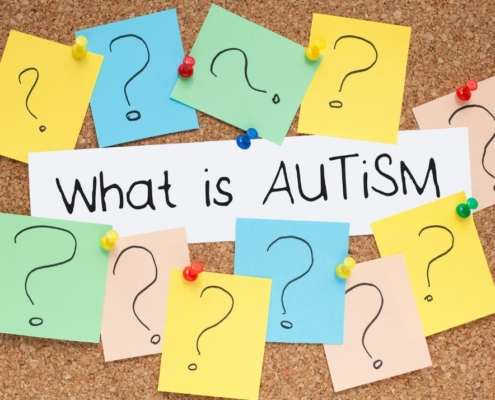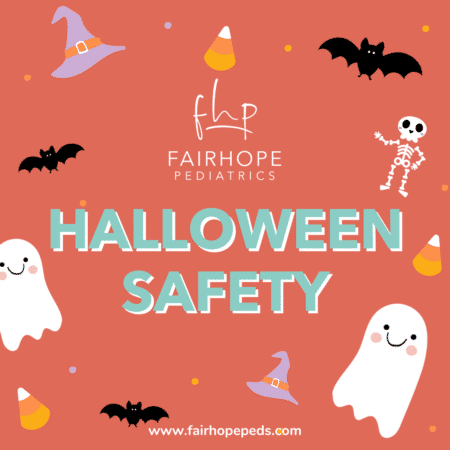Navigating Childhood Fevers: When to Seek Pediatric Guidance
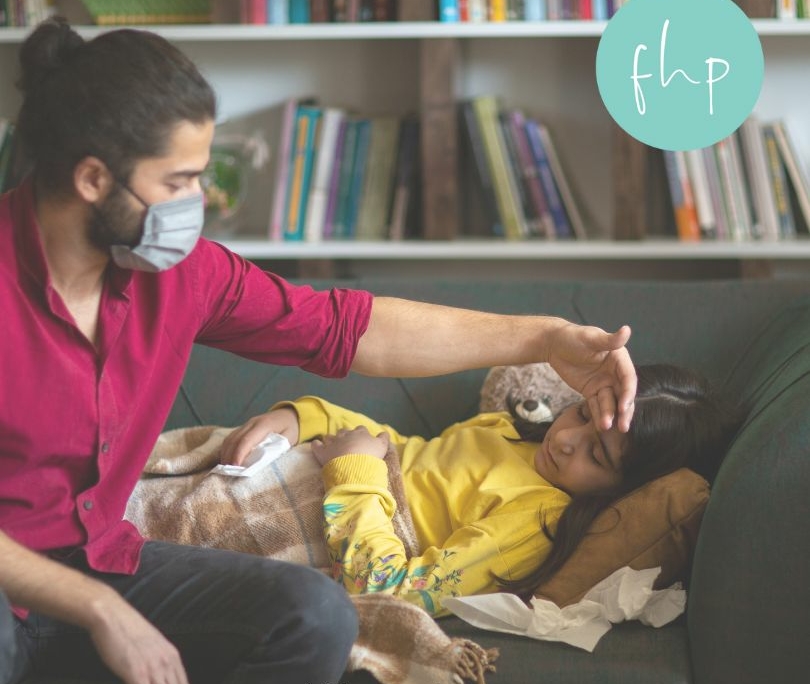
As a parent or caregiver, dealing with a child’s fever can be a concerning experience. Understanding the facts about fevers and knowing when to seek professional advice can empower you to make informed decisions for your child’s health.
Fever Basics:
- Fever is a common response to infections and illnesses in children. It is a natural part of the body’s defense mechanism, indicating that the immune system is working to combat an underlying issue.
Normal Fever Duration:
- In most cases, fevers are short-lived and often resolve on their own within a couple of days. They are generally not a cause for immediate concern. However, it’s essential to monitor your child’s overall well-being and any accompanying symptoms.
When to Worry:
- While fever is common, there are situations where it’s crucial to contact your pediatrician:
- Young age: If your child is 2 months old or younger with a rectal temperature of 100.4 degrees Fahrenheit or higher.
- High Fever: If fever rises above 104°F (40°C) repeatedly at any age.
- Dehydration: If your child shows signs of dehydration, such as reduced urine output, dry mouth, or excessive lethargy, it’s essential to seek medical advice.
- Difficulty Breathing: Labored breathing or persistent coughing accompanying a fever may signal respiratory issues that need professional evaluation.
- Seizures: Febrile seizures are uncommon but can occur in young children during a fever. If your child experiences a seizure, seek immediate medical assistance.
- Underlying Health Considerations: If your child has underlying health considerations, such as a suppressed immune system from sickle cell disease or cancer, or is taking steroids.
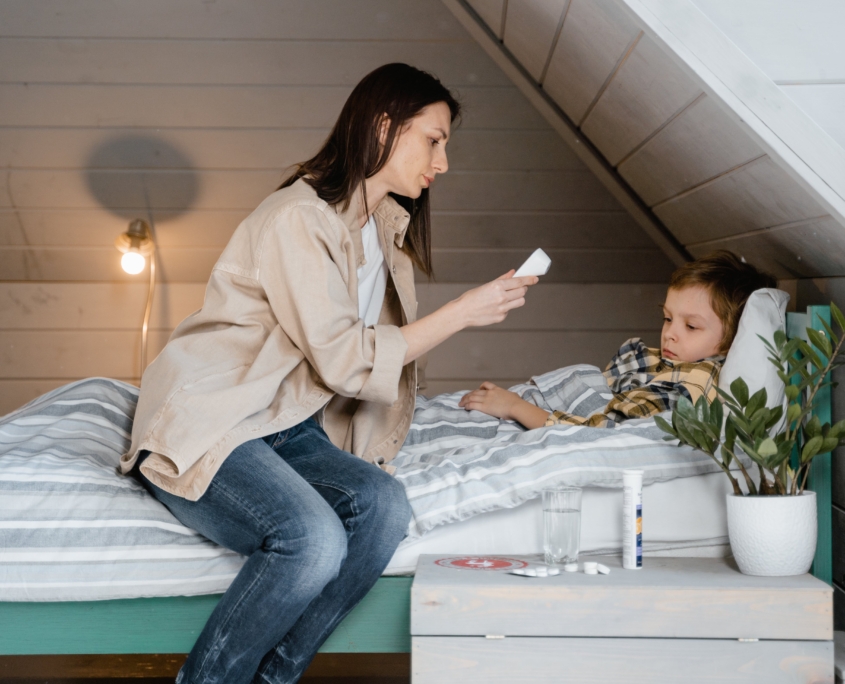
Seeking Pediatric Guidance:
- Trust your instincts as a parent or caregiver. If you’re ever uncertain or uneasy about your child’s fever, you should contact your pediatrician. They can provide personalized advice based on your child’s age, medical history, and the specific symptoms observed.
At-Home Fever Management:
- While awaiting medical guidance, you can manage your child’s fever at home by ensuring they stay hydrated, dress in lightweight clothing, and get plenty of rest. Over-the-counter fever-reducing medications may be used following your pediatrician’s recommendations.
Remember, your pediatrician is a valuable resource and is there to support you through the ups and downs of your child’s health journey. Don’t hesitate to reach out when in doubt, as timely intervention can make a significant difference in your child’s recovery.










